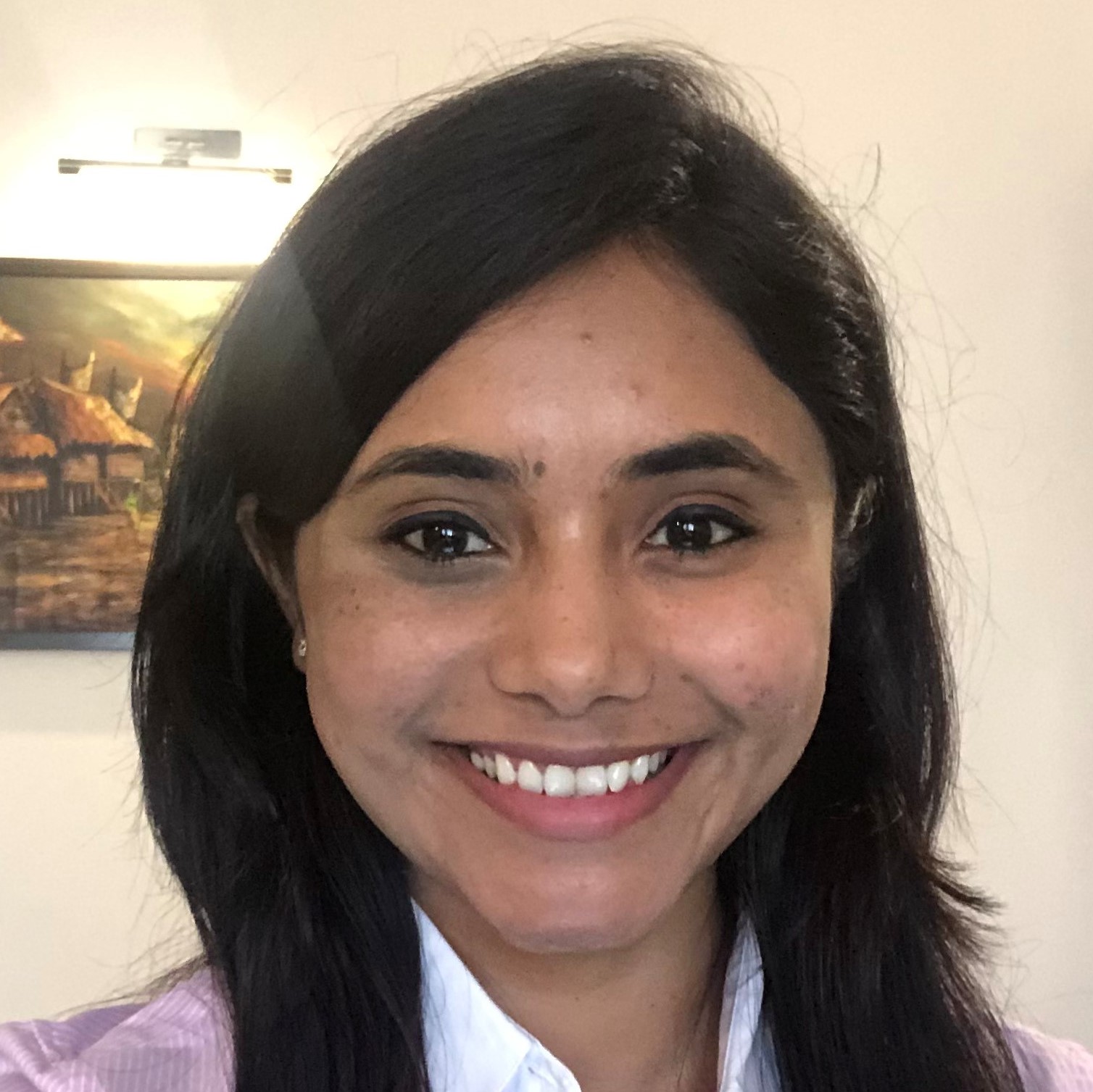Featured Topics
Featured Products
Events
S&P Global Offerings
Featured Topics
Featured Products
Events
S&P Global Offerings
Featured Topics
Featured Products
Events
S&P Global Offerings
Featured Topics
Featured Products
Events
Our Methodology
Methodology & Participation
Reference Tools
S&P Global
S&P Global Offerings
S&P Global
Research & Insights
Our Methodology
Methodology & Participation
Reference Tools
S&P Global
S&P Global Offerings
S&P Global
Research & Insights
25 Mar 2022 | 11:30 UTC
Highlights
Market still understanding our rules
Stringent checks, no leniency in approvals
GCC is a new program, trying to do a credible job
The Qatar-based Global Carbon Council's foray into the voluntary carbon market fanned expectations of more credit issuances in the coming months, with the new standard emerging as an alternative for renewable energy credits.
Several project developers and traders pinned their hopes on GCC -- in a market dominated by traditional carbon project certifiers Gold Standard and Verified Carbon Standard -- as other standards imposed restrictions on registration of new projects that are not from the least developed countries, or LDCs.
The new standard received a flood of project submissions, especially after GCC received approval under the International Civil Aviation Organization's Carbon Offsetting and Reduction Scheme for International Aviation, or CORSIA.
But to date, only once issuance has been made, sparking questions from other market participants.
In an interview with S&P Global Commodity Insights, GCC's Chief Operations Officer Kishor Rajhansa and its director Amit Thusu, shared the status of the current projects and spoke about the ongoing delays and steps taken to speed up the issuance process.
The interview has been lightly edited for clarity and length.
Q: So far, two projects have been approved out of the 196 submissions, with only one issuance. What is causing the delay?
Thusu: There were completion issues with several other projects. These were mostly related to submission of documents, as there were some formatting issues and inconsistencies. It's a routine thing. Soon, the submissions will be remade with the issues resolved.
Q: There seems to be some concerns in the market regarding the approval of Turkey's Ova Hydro Power Plant project, which was the second project approved, but has not seen issuances yet. Why is that?
Rajhansa: We are a new standard. Our major issuances will start happening this year. Other standards have issuances already in their registry, so even if there are delays, it doesn't show up as there are issuances that are already active. In our case, our registry is empty for now, so delays are more obvious.
If a project is sent back for some completion issues or clarifications [like in the case with Ova], it will be considered again. It's a normal process, there is no need to panic.
That said, we will ensure all rules and regulations are met and there are stringent checks. No one should expect us to apply any leniency. If there are some delays, it is either because the verifier did not have time or because of stringent application of rules. We are improving on our internal processes to reduce time. The market has started making good submissions because they have understood GCC rules and regulations, so timelines will reduce because of that as well.
Thusu: We had a rush of submissions in December 2021 and February this year. As a result, many of our projects have been submitted recently and have not had the opportunity to pass the first completion check, without which the verifier cannot do his work.
Q: Some submitted projects have been waiting for approval for over a year now. What's taking so long?
Rajhansa: In March 2021, we got approval by CORSIA, but we started receiving a large number of submissions only in June and October 2021, so we have just completed six months for most projects. Only four projects have crossed one year since submission and two have already been registered. Most projects were submitted after October last year, when we had a flood of project submissions. That makes it only six months.
Standards like CDM [Clean Development Mechanism] and GS [Gold Standard] have been operating for 20 years. Their rules are known. Ours are still being digested by the people, so it will take longer. In the next cycle, the process will be quicker.
We have a rule as per which if it's over a year since the global stakeholder consultation has started for a project, then they have to resubmit the project with latest rules and methodologies and the process starts again. The process for four projects took longer than a year, so they had to be resubmitted.
Some delays have happened because of project owner's internal reasons. Either they have not found a verifier or there is an internal management issue. We don't know the reason for that as its been nearly an year since the submission of those two projects. Other projects are very much on track.
Q: There have been concerns among market players about the number of GCC verifiers being too few. How do you plan to address this?
Thusu: Last year, we had four verifiers. This year, we have six. We should have 10-12 verifiers in two to three months' time. That will enhance the speed of the process. Remember, in CDM, there are not more than 20 verifiers as of now.
Q: What's your message to market participants who are concerned about the ongoing delays and pace of issuances?
Rajhansa: GCC is a new program, but is getting a lot of popularity. We are trying to do a credible job but don't want to compromise on rules. Bear with us, our issuances will happen soon.
